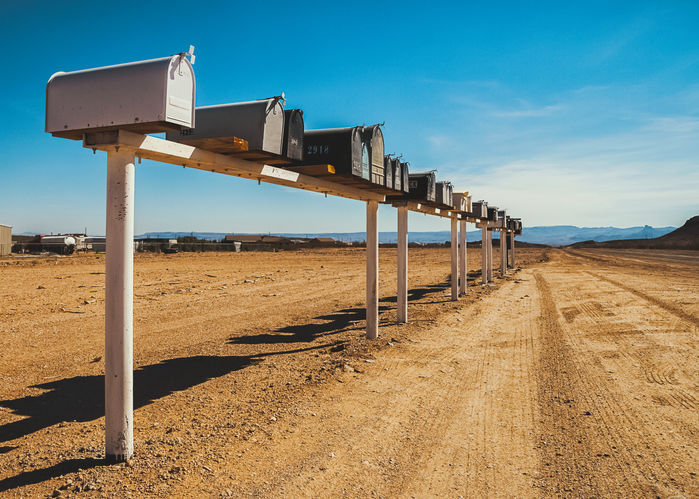PHOENIX — President Trump’s reelection committee is fighting an attempt by Navajo Nation members to force Arizona to count mail-in ballots from reservation voters postmarked by but delivered after Election Day.
Legal papers filed by Trump’s committee and other Republican interests contend that counting such votes “would unquestionably affect the share of votes that candidates in the state of Arizona receive.”
Their attorney, Brett Johnson, provides no specific arguments about who would benefit. But he contends that counting late-received ballots “would change the share of votes those candidates receive and give preference to one specific type of voter over all others.”
Voter registration records suggest Republicans have reason to worry if more ballots from reservation residents are counted.
Legislative District 7 takes in most of the reservation lands in Arizona, including residents of the Navajo, Hopi, Hualapai, Fort Apache and San Carlos tribes.
There are some non-reservation communities, including St. Johns and Winslow, in the district. But nearly two-thirds of district residents are Native American, according to figures prepared when the Independent Redistricting Commission drew the lines nearly a decade ago.
More to the point, the most recent figures from the Secretary of State’s Office give Democrats a better than 2-to-1 advantage in voter registration in the district.
The Trump committee’s legal move drew derision from O.J. Seamans, co-director of Four Directions, a Native American organization that helped craft the lawsuit filed by Navajo members.
“I don’t feel that the objections they’re making really make any sense,” Seamans said. “Basically what they’re stating is that individuals are going to vote a certain way so we shouldn’t allow them equality. That’s not what democracy is about.”
The lawsuit filed late last month in federal court contends the slow mail service to and from the reservation means many tribal members get their requested early ballots late, giving them less time to fill them out. Then it can take close to a week between the time a ballot is mailed from a reservation address to arrive at county election offices.
The result, the plaintiffs contend, is that the system effectively disenfranchises people whose ballots do not arrive by the current statutory deadline of 7 p.m. on Election Day. So they want a court order requiring counties to tally anything postmarked by that deadline.
That solution drew opposition from the Donald J. Trump for President Inc. committee along with various national, state and county Republican organizations that Johnson represents.
Johnson pointed out that the proposal means a ballot from Winslow would have to be received by Navajo County officials by the 7 p.m. deadline but one from Kayenta, on the Navajo Reservation, would get extra time.
“It would treat the ballots of specified citizens differently than other similarly situated voters within the same county,” Johnson wrote.
He said it would “sow confusion and delay in the administration of the upcoming General Election and all future elections.”
Seamans doesn’t see it that way. He said the lawsuit seeks to give all Arizonans equal time to cast their early ballots and ensure that the votes are counted. Studies of mail service have shown that off-reservation residents have two-thirds more time to vote than on the reservation, he said.
“Regardless of how they try to paint the picture, that’s what this is about: equality,” Seamans said.
Johnson did concede some partisan reason for the Trump committee and other Republicans interceding.
He pointed out that the defendant in this case is Secretary of State Katie Hobbs, a Democrat, who is the state’s chief elections officer. The lawsuit asks U.S. District Court Judge Murray Snow to order her — and, by extension, election officials in the affected counties — to give the extra time to count ballots from reservations.
“The secretary of state has made clear that her interests are not aligned with those of President Trump with regard to voting by mail,” Johnson wrote, pointing out that Hobbs recently asked Republican Attorney General Mark Brnovich to investigate whether the Trump administration was making changes in the U.S. Postal Service to undermine mail-in voting.





